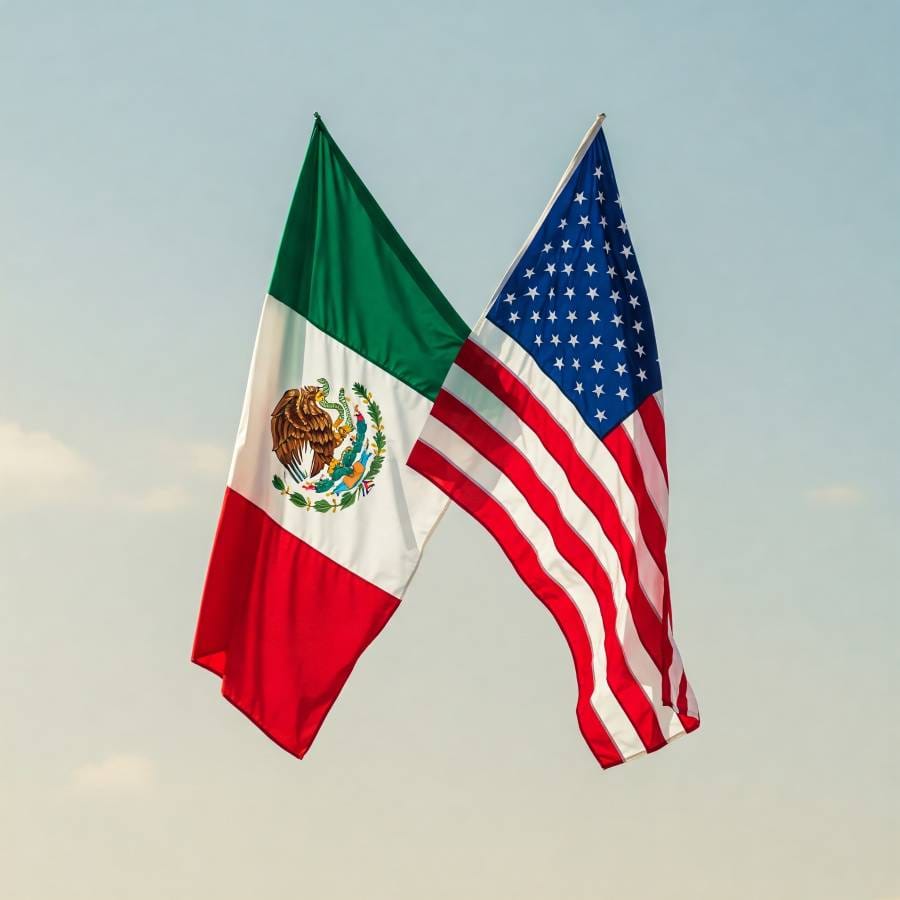Senate Vote Allows US Army Personnel into Mexico for Special Ops Training
Mexico's Senate unanimously approved US military entry for joint counter-narcotics training (JCET). Aimed at boosting special ops skills against cartels, the move navigates sovereignty concerns, emphasizing cooperation without subordination amid historical sensitivities.

Mexico’s Senate has unanimously approved the entry of United States military personnel into Mexican territory for joint training exercises, a move aimed at strengthening Mexico’s capabilities in its protracted fight against powerful drug cartels, but one that navigates a complex history fraught with sensitivities over national sovereignty.
In a session Thursday morning, the Senate Plenary voted 76-0 to grant access to U.S. Army personnel. The stated purpose, according to official Senate communications, is for these troops to participate in "Joint Combined Exchange Training" (JCET). This specific program will focus on enhancing the "planning and execution of special operations," deemed critical for providing Mexican military forces with advanced "training, assessment, and immediate reaction" capabilities against highly organized criminal groups.
The authorization comes amid persistent security challenges fueled by transnational criminal organizations involved in drug trafficking, including the smuggling of deadly synthetic opioids like fentanyl into the U.S. These groups wield significant power, contributing to violence within Mexico and posing a shared security threat that necessitates cross-border cooperation.
However, the decision has not been without controversy, reportedly sparking debate and concern among various sectors within Mexico. The presence of foreign military forces on Mexican soil remains a delicate issue, deeply rooted in historical context and past anxieties regarding U.S. intervention. The Senate's approval, while aimed at practical security enhancement, inevitably touches upon these long-standing concerns.
The source material noted that these sensitivities are heightened by memories of past rhetoric, including instances during the administration of former U.S. President Donald Trump. Mr. Trump had previously suggested bolstering the border militarily to combat drug trafficking and fentanyl flows, and even floated the idea of direct U.S. military action against cartels within Mexico, causing significant friction in the bilateral relationship and raising alarms about potential infringements on Mexican sovereignty. The current authorization, though strictly for training, occurs against this backdrop.
Mexico’s current administration, under President Andrés Manuel López Obrador, has consistently emphasized a policy of cooperation with the U.S. on security matters, but strictly on the basis of mutual respect and non-interference. Echoing this stance, President López Obrador stated in early February, "We go to coordinate, to collaborate. But... never subordination or interventionism; it's coordination," underscoring Mexico's insistence on maintaining its autonomy even while engaging in joint security efforts.
The Senate itself highlighted the focus of the JCET exercises via its social media channels, specifying the training’s concentration on special operations planning and execution, as detailed on the Senate's official webpage. This suggests a targeted approach aimed at equipping Mexican forces with specialized tactics needed to confront the sophisticated operational methods employed by modern cartels.
While the unanimous vote signals broad political consensus within the Senate on the necessity of this specific training initiative, the underlying public and political discourse reflects the careful balance Mexico seeks to maintain. The country faces the pragmatic need for advanced military training and cooperation to tackle formidable internal security threats, while simultaneously upholding deeply ingrained principles of national sovereignty fiercely guarded throughout its history.
The implementation and outcomes of these JCET exercises will likely be closely monitored, both for their effectiveness in bolstering Mexico’s counter-narcotics efforts and for their reception within a country historically wary of foreign military presence on its soil.




